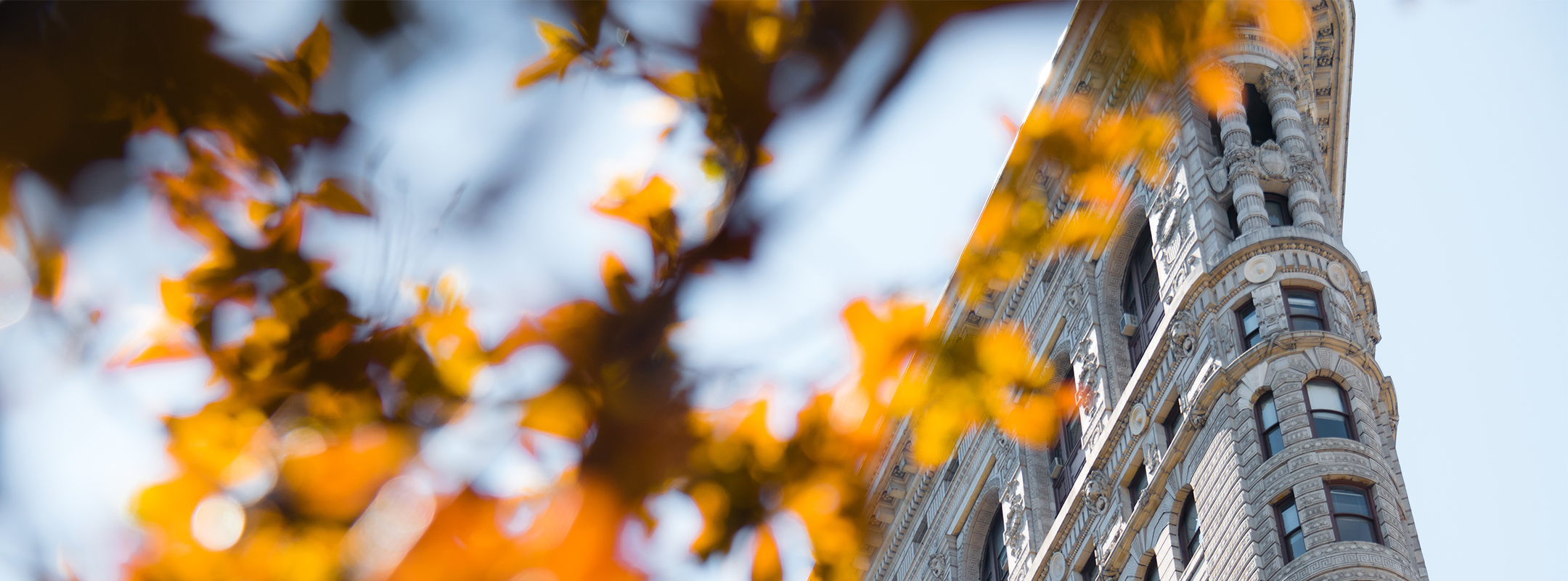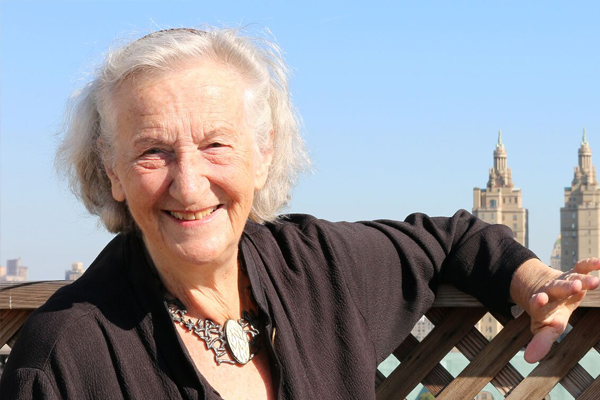
Cello
Thea Musgrave is 90 years old and a total boss. Her decades-long career is intercontinental and studded with awards, accolades, and numerous commissions. Like me, Thea is an adoptive New Yorker and her work The Seasons speaks to me strongly. Musgrave takes her inspiration from the works of European painters found in an American location, The Metropolitan Museum of Art. Coincidentally, the Met is a ten-minute walk from where I grew up. This marriage of both the familiar and the exotic is extremely powerful, and can be heard most particularly in the “storm” section of the work. I am so eager to play this piece because I feel an especially powerful and personal connection to the clash Musgrave implies: how does one acclimate to a new country? How do we define or re-define ourselves, our values, and our passions in a completely new and different environment?

Thea Musgrave, nonagenarian and all around boss
I am ashamed to admit that just over a year ago, I probably would not have been excited to play this piece. This is because I was 23 and had never played a piece by a woman(i). In many other arenas, this type of statement would be shocking. Imagine going 23 years without listening to a female vocalist or reading a female author or seeing a painting by a female artist? No Renée Flemming, Beyoncé, or The Supremes. No Virginia Woolf, Maya Angelou, or Margaret Atwood. No Frida Kahlo, Georgia O’Keefe, or Mary Cassatt. Hopefully you get my point by now… However, in classical music, going 23 years without playing a piece by a woman is considered completely normal. Thankfully, things are changing, and I am in the process of educating myself about the works of female composers. I have even co-founded a concert series and collective, Scordatura Women’s Music Collective, which performs works written exclusively by women. When I mention this to other people, I am often met with the same two questions every time:
These questions are problematic for a number of reasons, but primarily because they testify to a pervasive ignorance about female composers. There IS a lot of music written by women, and NO it is not all “weird” and “modern.” In fact, Hildegard von Bingen, a 12th-century nun and composer is the first record we have of a composer signing their name on their own work as most medieval composers signed their manuscripts ‘anon’. Clara Schumann infamously once said, “I once believed that I possessed creative talent, but I have given up this idea; a woman must not desire to compose — there has never yet been one able to do it. Should I expect to be the one?” Anyone who has ever listened to a Clara Schumann composition would never doubt her ability; I myself am particularly partial to her Piano Trio in G minor.

As we approach International Women’s Day (8 March) and our concert on that date, I find myself reflecting more on the position of women in classical music. The official IWD website states that the purpose of the day is to “celebrate the social, economic, cultural and political achievement of women.” IWD is a celebration, so I will focus on the positive: feeling proud and happy that women are finally beginning to get some of the recognition in classical music that they deserve. Seeing concerts featuring programmes made up entirely of female composers is becoming more and more common, with Southbank Sinfonia performing 23 works by female composers this season alone. Performing the works of other women makes me feel like my own work as a woman and a performer is justified. These women become role-models not just for other budding composers but also for performers and, frankly, any other woman who is finally taking her moment in the spotlight.
So on 8 March, come celebrate with me by watching and listening to the beautiful music of Thea Musgrave, Judith Weir, and Kate Whitley; we can revel in more talent and beauty in the world.
Find out more about Corinna here.
Southbank Sinfonia perform works by Judith Weir, Kate Whitley, Thea Musgrave on Thursday 8 March as part of Rush Hour #4: Seasons. Find out more here.
(i) After getting over the appalling fact that I was a traitor to my own kind (or so I felt), I buckled down to learn one of the most challenging pieces I have ever performed, Takes Two, by British composer Sally Beamish. Takes Two is a beautiful duet written for cello and accordion, and it draws upon themes taken from the Sarabande from Bach’s French Piano Suite in D minor. Since first encountering this piece just over a year ago, I have performed it eight times.